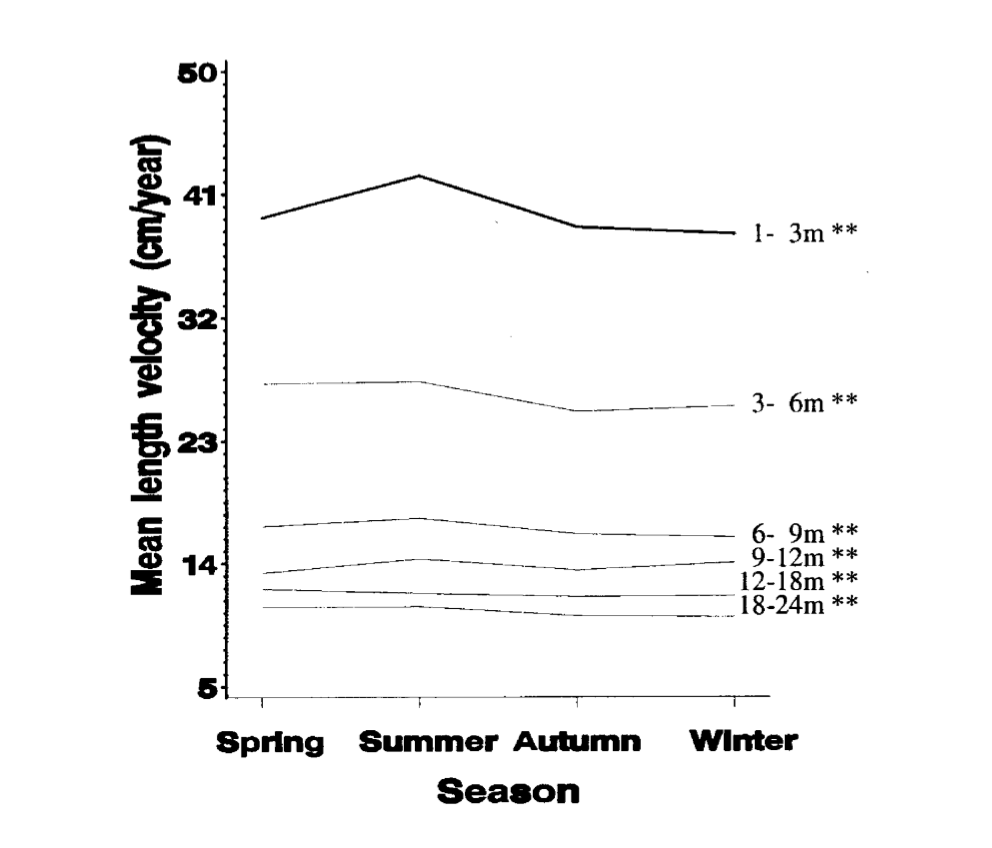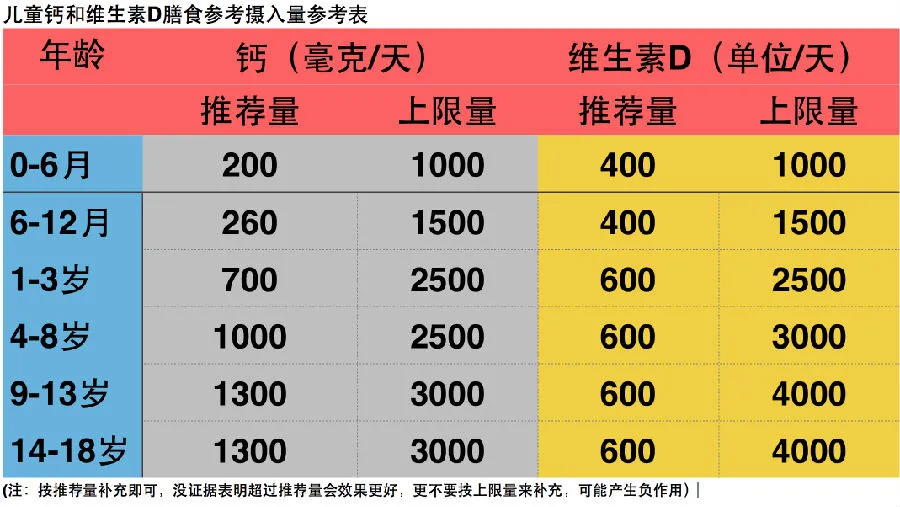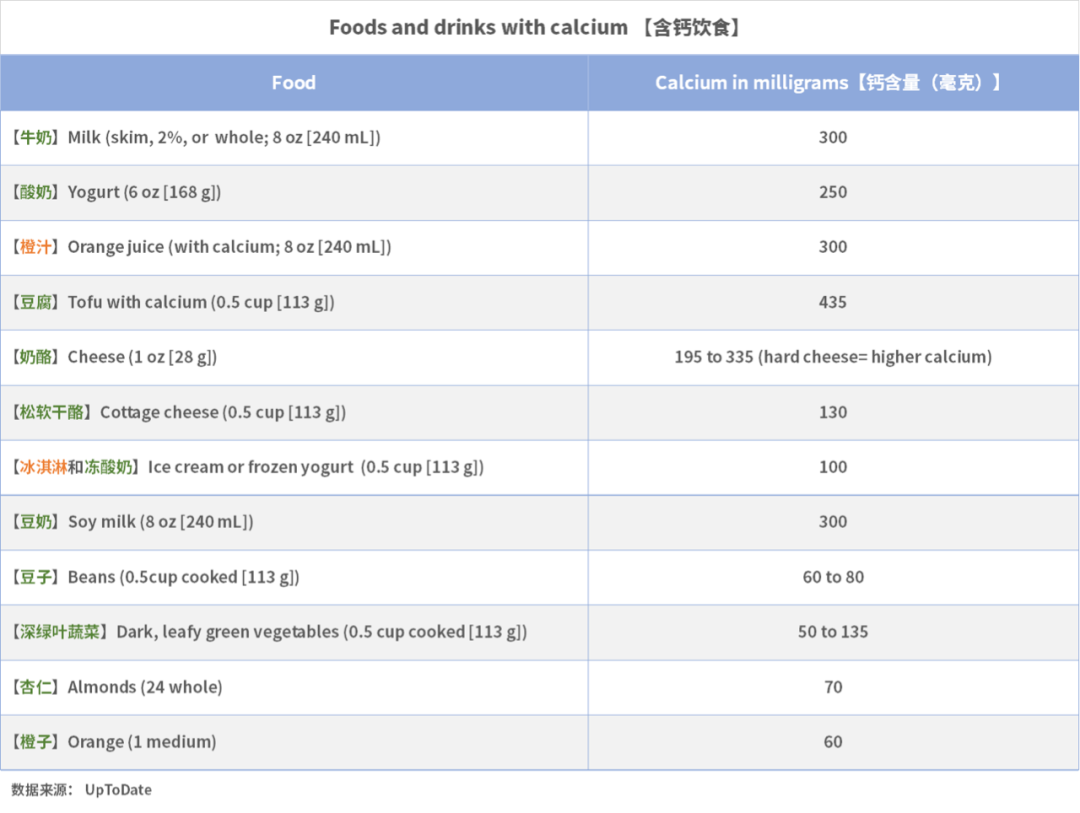Do children grow faster in the spring? Should I give my child a calcium supplement?
There are indeed studies that show that children may grow taller in the spring and summer months.
In a 1994 study [1], Swedish researchers followed 50 prepubescent children, measuring height every 4 weeks and calf length every 1-2 weeks, and found that the average monthly height growth rate was 5.06 cm/year in the fall and 8.15 cm/year in the spring, while the calf growth rate was 1.8 cm/year in the fall and 2.63 cm/year in the spring.
A study published in 2001 by the University of Shanghai and Hong Kong in Shanghai [2] followed the weight, height, and BMI of 4128 children born between January 1980 and December 1990 seasonally and found that infants grew faster in height in the spring and summer, and faster in weight and BMI in the fall and winter.

Height growth comes primarily from bone growth. Calcium is the most important element that makes up bones, and children naturally need to consume calcium. If bones grow faster, the need for calcium is naturally higher, so is it necessary to give children extra calcium supplements?
That’s not true. The absorption of macronutrients and trace elements is self-regulating. When the demand for a certain ingredient is greater, the absorption will be stronger and the discharge will be less.
A person’s absorption of calcium is greatly influenced by vitamin D. When a person does not have vitamin D deficiency and other metabolic disorders, children can get enough calcium, whether in the spring or fall, as long as there is sufficient calcium in the food they consume.
The recommended daily dietary amounts of calcium and vitamin D for children, as recommended by the Institute of Medicine, are shown in the chart below.

From the chart, we can see that for a 4-year-old child, the recommended daily intake of calcium is 1,000 mg. When compared to the calcium content of the foods in the chart below, if the child drinks 2-3 cups of milk per day and eats a little bit of green leafy vegetables, soy products, and oranges, the recommended amount can be achieved.

Calcium supplementation through diet is more recommended than taking calcium supplements (e.g., calcium tablets) to supplement calcium. On the one hand, it can develop a balanced diet and make children’s diet healthier, and on the other hand, there are some studies [3] suggesting that calcium supplements may increase the risk of kidney stones, while dietary calcium does not.
Reference.
[1] https://pubmed.ncbi.nlm.nih.gov/7734863/